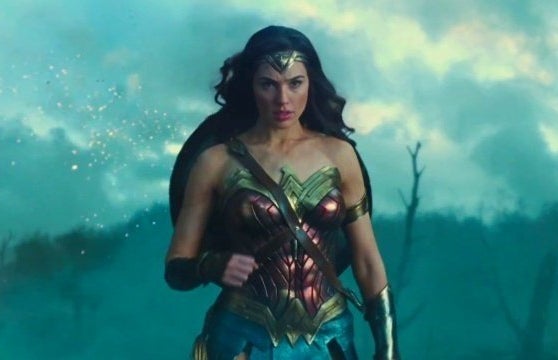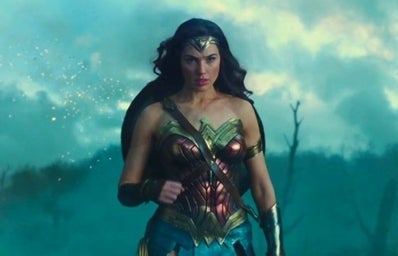Sony’s Madame Web “swung” onto our screens earlier this year, only to get caught up in a web of bad reviews, earning a dismal 12% score on Rotten Tomatoes. The film, which stars Dakota Johnson, focuses on Cassandra Web, a clairvoyant compelled to protect three young “potential” spider-women after learning they are in danger. Critics have slighted the film for its convoluted plot and laughably clunky dialogue.
One line from the trailer became a popular internet meme for its awkward, expository delivery. However, even fans who watched the film hoping for a laugh were disappointed, as the line never appeared. Beyond the surface mockery, a more significant question lies – why do Hollywood’s attempts to represent female superheroes so frequently fail?
Madame Web follows closely in the wake of another disappointment, The Marvels (2023). While the film is a sequel to 2019’s Captain Marvel, which did draw critical praise and favourable reviews, The Marvels came up short.
Part of Marvel’s woes stems from an internet campaign by right-wing trolls to boycott the film, protesting the movie’s apparently “woke” agenda and its diverse representation. Three women of colour take leading roles, with a black woman director at the helm, Nia de Costa. While this blatant misogyny is not the studio’s or the filmmaker’s fault, it is a deep shame that the film also has some internal flaws. The third act dives into incomprehensible action pieces, and the narrative is confusing at best. From Rogerebert.com, Christy Lemire dubbed it the “worst film yet” from the Marvel Cinematic Universe (MCU), calling it a “narrative and visual jumble.”
Sadly, these films enter the graveyard of girl-centric superhero films that died a box office death. This is an all-too-common story dating back to 1984 when Supergirl was produced. This much-anticipated Superman spinoff became a laughingstock due to its poor special effects, lack of convincing stunts, and poor acting.
Though Supergirl’s failure to turn a profit left a bad taste in execs’ mouths for years to come, in the 2000s, finally, more women-led pics appeared—and unfortunately, many of us may wish they hadn’t. Catwoman (2004), for instance, is a famously bad example; the film is filled with tasteless, gratuitous shots of Halle Berry in a revealing costume. She looks fantastic, which would be fine, except the film fails to do anything with her character to connect with us as audiences. A year later, Elektra, starring Jennifer Garner, similarly bombed in cinemas, and despite being just 90 minutes, it feels plodding and uneventful –not what you desire in an action film.
The poor quality of these films stings so much more because it intensifies the stakes for anything that follows. Hollywood can point to these catastrophes when refusing to green-light female-led superhero films. The industry seems much less forgiving of these failures than those centring men. Despite the poor Batman and Robin (1997), The Dark Knight prevails, and Andrew Garfield’s The Amazing Spider-Man (2012) relaunched the franchise just five years after the flop of Spider-Man III (2007). Contrast that with the decades it took for Warner Bros to announce, in 2018, that they would re-attempt Supergirl.
Why does Hollywood struggle so much to bring these projects to the screen? Part of the issue is that women often play secondary roles or supporting characters for their more famous male counterparts in their comic book sources. Madame Web suffers the absence of Spider-Man, hinting at the “with great power…” line, but never able to show him. Supergirl, too, aches with the apparent lack of Christopher Reeve as Superman. These films often fail to give their heroines enough of a fleshed-out character arc to have us care about them independently.
Compelling superhero films hinge on narrative peril; we must care about our hero(ine) and feel a sense of tension if they do not prevail. Unfortunately, recent superhero films have faltered with convoluted plots, multiverses, and time travel. These devices might work with an established character like Spidey, Bats, or Superman – as the audience will already root for them. However, they fail to deliver when an unknown character is at the centre.
Hollywood has proven it can get this equation right with successes such as Black Widow (2021) and Wonder Woman (2017). Still, the increasing saturation and audience fatigue surrounding Marvel movies means it’s an uphill battle. In my opinion, Hollywood needs to go back to the drawing board and focus on giving a compelling origin story with a well-crafted hero at its heart. It’s time we had a superwoman worth rooting for.


